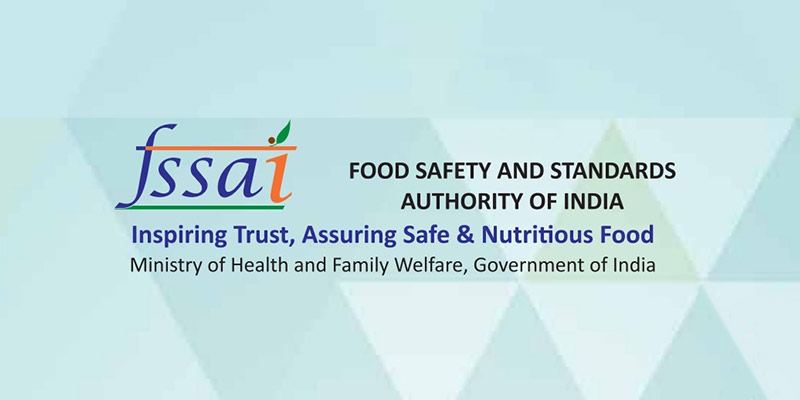- India
- Nov 09
FSSAI asks states to enhance surveillance at tourist destinations
• The Food Safety and Standards Authority of India (FSSAI) held its 45th Central Advisory Committee (CAC) meeting in New Delhi on November 7.
• It urged states and Union Territories to ramp up surveillance at popular tourist destinations to ensure heightened safety standards in preparation for the upcoming tourist season.
• Keeping in mind the high footfall of both domestic as well as international tourists at popular destinations during the season, states/UTs were advised to utilise Food Safety on Wheels Mobile Labs at these tourist spots.
• It also asked state authorities to increase surveillance in warehouses of e-commerce operators and issue standard operating procedures (SoPs) for delivery personnel to ensure safe food to consumers.
• Over 60 officials participated in the meeting, including Commissioners of Food Safety (CFS), representatives from States and UTs, senior FSSAI officials, and members from the food industry, consumer groups, agriculture sector, laboratories, and research bodies.
Food Safety and Standards Authority of India (FSSAI)
• The Food Safety and Standards Authority of India (FSSAI) has been established under Food Safety and Standards Act, 2006 which consolidates various Acts and orders that have hitherto handled food related issues in various ministries and departments.
• The FSSAI is a statutory body established under the Ministry of Health and Family Welfare.
• FSSAI was created for laying down scientific standards for food articles and to regulate their manufacture, storage, distribution, sale and import to ensure availability of safe and wholesome food for human consumption.
The main functions of FSSAI include:
i) Setting globally benchmarked regulations, standards and guidelines.
ii) Facilitating compliance through licensing, registration, inspection and improved laboratory network.
iii) Building capacity of regulatory staff as well as food business operators.
iv) Driving public health initiatives in the true spirit of convergence.
v) Leveraging IEC (Information, Education & Communication) and BCC (behaviour change communication) techniques to build a food safety culture.
vi) Embracing technology to streamline processes.
vii) Forging strategic partnerships to generate and exchange knowledge and best practices.
Manorama Yearbook app is now available on Google Play Store and iOS App Store

